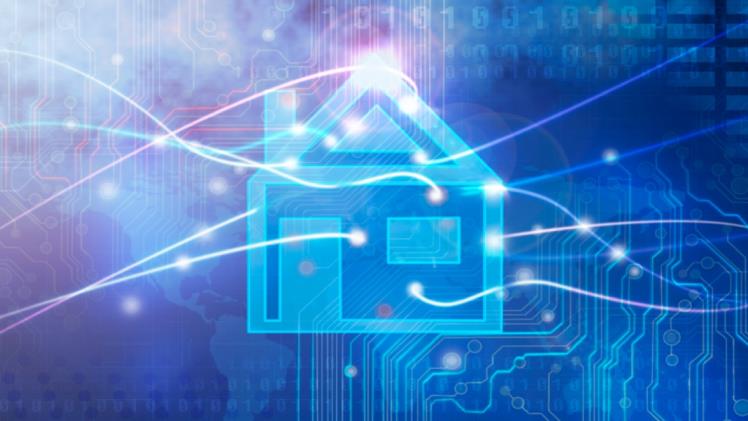High-definition televisions and mansion-sized homes have made learning how to save energy at home a common household goal. After a nuclear plant meltdown and a sluggish economy, increasing energy efficiency seems like a no-brainer, as per energy news of late.
The rising cost of electricity, the ever-increasing amount of energy required to run our energy-intensive homes, and our more energy-dependent way of life cause us to pay more each month. Our best defense against those astronomical electricity bills is to become energy-savvy and take active steps to limit energy use and energy waste.
To solve the question of “How to Reduce Energy at Home,” the following measures can be taken.
Keep your electric bill handy.
There is a wealth of information about your home’s energy consumption on your electric bill. The power provider already has your year-to-date electricity use data, so you don’t have to worry about it. Your electric bill details your monthly consumption of Natural Gas in therms and electricity in kilowatt-hours, as well as comparisons to the same month a year earlier.
Some families need to save paper copies of their electricity bills, while others can obtain that data online from their utility provider. Having a 12-month history of energy use is crucial for planning residential energy reduction strategies.
Adjusting your way of life is something to look forward to.
You can’t act the way you did in your house when power costs 3 cents per kilowatt hour, and you just had a light bulb and a Frigidaire that used electricity.
Energy conservation and waste prevention need adjustments to one’s way of life. One must first adopt a green mindset to implement the measures necessary to save energy.
Save Money on Heating and Cooling Without Sacrificing Comfort
For long-term cost savings, upgrade to a more energy-efficient heating and cooling system. A household’s power cost of $400 should not be acceptable in this day and age.
There has been a significant improvement in the energy efficiency of air-source and ground-source heat pumps during the past decade. Compared to other heating options like baseboard heaters, resistive ceiling heat, or electric wall heaters, the expense of a ductless heat pump is far more reasonable.
Too Often Ignored: The Water Heater
We never think about our water heater again unless we take a chilly shower. After all, the water heater is usually tucked away out of sight, doesn’t make much noise, and doesn’t have any flashing lights or other enticing features. When aiming to cut energy consumption, the water heater is typically the second biggest consumer in the home.
If your water heater has a tank leak, you should get a new one as soon as possible and choose one with an eye toward energy efficiency. Two energy-saving steps can be taken if your water heater is not leaking:
New Sources of Power
Energy efficiency increases in addition to producing electricity for homes that use renewable energy sources like solar and wind turbines.
There appears to be a link between the motivation to generate renewable energy and the desire to reduce energy use. Therefore, producing the energy you save is an excellent method to save it.
The first thing you should do if you want to install a renewable energy system is talking to your utility provider. Your utility provider has more expertise in renewable energy than you may realize.
Conclusion
To save money on your utility bills and know the latest news, use these easy tips to cut your home’s energy consumption. To cut back on energy use, you need an understanding of how much electricity you consume and a power bill that may wake you up to the reality of your situation.

